Intelligent Energy Europe
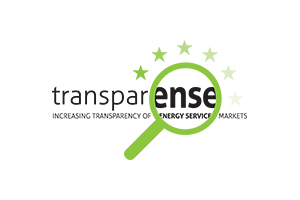
Energy Performance Contracting (EPC) can provide substantial energy savings in the EU countries using the principle of repaying the energy efficiency investments directly from the savMore
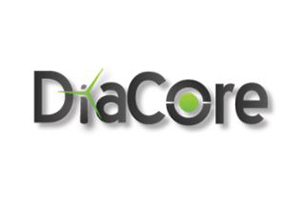
With Directive 2009/28/EC the European Parliament and Council have laid the grounds for the policy framework for renewable energy sources (RES) until 2020. The aim of this project is More
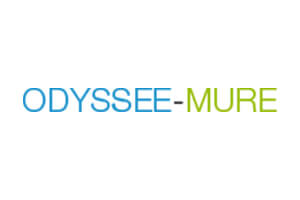
The objective of the Intelligent Energy Europe programme ODYSSEE-MURE 2012 project was to provide a comprehensive monitoring of energy consumption and efficiency trends, as well as ofMore
Solar district heating (SDH) plants are a large-scale solar thermal technology supplying renewable, zero-emission heat from large solar collector fields via district heating networks More
The main aim of the project was to remove "non-technological" barriers, by establishing a voluntary green energy (heating and cooling) labelling scheme and by promoting municipal and More
The 12 partner regions have served pioneers demonstrating how regions of different characteristics can be a key driving force in fulfilling the European 20-20-20 policy goal. Core eleMore
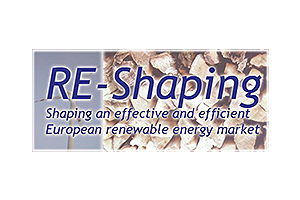
The core objective of the RE-Shaping project was to assist Member State (MS) governments in preparing for the implementation of Directive 2009/28/EC and to guide a European policy forMore
District heating and cooling (DHC) have the potential to significantly contribute towards attaining the ambitious EU energy policy targets for 2020. According to the IEE supported EcoMore
The RES-H Policy project will assist Member States in preparing for the implementation of the forthcoming Directive on Renewables as far as aspects related to renewable heating and coMore
EUBIONET III boosted sustainable, transparent international biomass fuel trade, secured the most cost efficient and value-adding use of biomass for energy and industry and identified More
MADEGASCAR sets out to increase the use of gas-driven vehicles, powered by both natural gas and biogas, by addressing both consumers and providers. Before being prepared to change theMore
The groundwork for REGBIE+ is the fact that the most important and prevalent renewable energy source used for heating in the EU is biomass in its various forms. Nevertheless, regionalMore

The project’s primary objective was to involve interested parties throughout the EU in the debate on how to optimise the use of renewable electricity, with a view to establishing a loMore
The potential for biogas production and use in most European countries is not adequately exploited. To increase the efficiency and for a higher rate of substitution of natural gas witMore
Direct tax measures (income tax credits, income tax reductions and tax allowances) are being used today by four Member States to reduce high investment cost of individual renewable heMore
In the SENTRO an inventory on the building practices was done in the project countries related to the barriers which are hindering the use of alternative systems. Based on the resultsMore
The project is based on a successful certification and quality management system for energy efficient municipalities, the European Energy Award (EEA). Within the action, the existing More
The CEECAP project was developed with the aim to support Central and Eastern European countries in creating suitable conditions for implementing appliance labelling and efficiency polMore
The ENERinTOWN project ran from January 2006 to June 2008 and aimed to address three key barriers in municipal energy management: Lack of knowledge in energy management techniques LaMore
The “Integration of Active Learning and energy monitoring with School Curriculum” project has been reviewed and results of its implementation are presented. The project was executed bMore

Six regional case studies are developed, where significant energy efficiency and renewable energy achievements are obtained in the frame of Structural Funds planning, or other regionaMore
New GreenLight extends the GreenLight project, launched in 2000, to the new EU member states. Under GreenLight, private and public organisations committed themselves to reducing energMore
The purpose of ISEES is to examine the rationality behind the consumers’ choices and the influence of the individual user behaviour on the energy demand in social housing. It will devMore
The project was set-up to lay the ground for an extended use of decentralised and sustainable energy actions of the European Cohesion Programmes after 2006. Starting from the favourabMore
According to recent EU-studies a four-fold growth in air-conditioned space is likely between 1990 to 2020. Despite this worrying perspective energy efficiency policy in European countMore

The project was designed chiefly to develop strategies aimed at integrating energy from renewable sources into European power grids as cheaply as possible. The project's basic tool, tMore
DEXA-MCP extends and applies the 'Motor Challenge' programme to increase the use of energy efficient electric motor systems in the European industry. Electrical motor systems - e.g. fMore
BESS supports SMEs from the food and drink industry in improving their energy efficiency. Implementing an energy management system is the best way for a company to deal consequently wMore
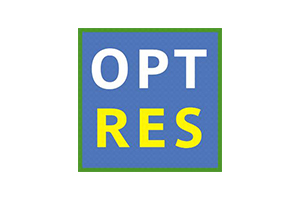
The project was conceived to give clear empirical insights into the present successes and failures in the support of renewable energy sources for electricity (RES-E) throughout the EUMore
The E TRACK project has investigated the feasibility of a harmonised standard for tracking of generation attributes in Europe. The most comprehensive policy which requires such trackiMore
EARTH is a project co-financed by the European Commission under the framework of the EIE program, the aim of which is to organize training courses for installers in these fields: More





